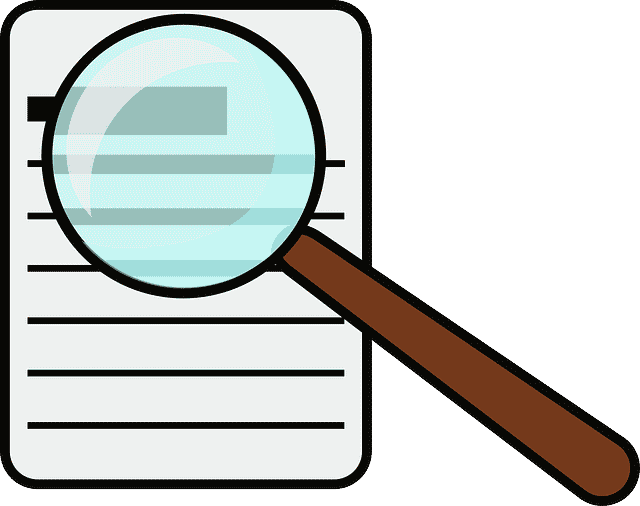
A research report presents the conclusions of a study.
Reports are writings that are developed with the objective of making something known . These documents allow the dissemination of different types of data for different purposes or objectives.
Research , for its part, is the process and result of investigating (implementing strategies and developing certain actions to increase knowledge about something).
These definitions allow us to understand the concept of a research report . It is a document that disseminates the results or conclusions of an investigative study . The knowledge generated by the researcher through his work is poured into it.
Characteristics of a research report
A research report must be clear and precise: the researcher must present the information in such a way that the description of his work and his conclusions do not give rise to confusion or misunderstandings. To do this, you must develop an introduction that explains the methodology used, the objectives of your work and the theoretical framework.
It is important to know other information of interest about the investigation report, such as it is essential that it ends having answered the following questions: what was the problem? How was it solved? What did you find? in the research? What is the meaning of the results that have been obtained? What are the main results? And what needs to be done therefore?
The research report can include data on the observations made, surveys, statistics and interviews, among other elements. The purpose is for the research report to constitute a source of valuable and reliable information that can be used by other researchers.

A research report must respect a certain structure.
Its structure
Specifically, we can say that the structure of any research report must be the following:
-Introduction.
-Context of the investigation, where a record of where the work has been carried out will be recorded.
-Methodology. This should include the methods and resources used to undertake data collection and processing as well as the subjects who have been investigated.
-Questions, which refers to the questions that were used as a fundamental pillar or guide of the work.
-Results. This section is the most important of the investigation, insofar as it is the body of it. This must include everything from the information obtained to the ideas that the person who carried out the work has, including the data that exists in this regard in other similar investigations that could have been used as a source.
-Conclusions, based on the results obtained and must also include the personal value judgments made by the person who has investigated.
-Bibliography, which must be done in alphabetical order and duly detailed.
-Annexes, which are left to the researcher's choice as to what information to include in them.
The truth in the investigation report
It is important to note that the information included in the investigation report must be true .
The researcher cannot falsify the observations he details or invent data to reinforce his conclusions, but everything expressed must effectively emerge from the field work he carried out. Otherwise, the investigation report will lose validity.
